According to experts, personal income tax (PIT) should not be levied on interest on bank savings because this is the remaining amount after PIT has been paid.
Commenting on the draft proposal to build the Personal Income Tax Law (replacement) of the Ministry of Finance recently, the People's Committee of Can Tho City proposed to expand the scope of personal income tax on savings interest, only exempting personal income tax on small savings deposits.
Under current regulations, savings deposits are only subject to corporate income tax for corporate depositors. Individuals whose interest on deposits is currently exempt from tax.
Commenting on the above proposal, in an interview with VietNamNet , financial expert, Associate Professor, Dr. Dinh Trong Thinh said that more than 10 years ago, there were some proposals to tax personal income tax on personal savings interest. However, this proposal was later rejected. He personally expressed surprise that this proposal was recently brought up again.
“In 2011, there were also some proposals to tax individual savings deposits at banks. We also responded that this was not necessary and would not promote economic growth,” Associate Professor, Dr. Dinh Trong Thinh said.
According to experts, there are many reasons why personal income tax should not be levied on interest paid by banks to depositors. Firstly, interest rates on bank deposits are very low. If a depositor deposits 100 million VND in a bank, each year the depositor will receive about 6 million VND in interest. With such an interest rate, tax revenue from interest on deposits is not too large.
Second, to have 100 million VND deposited in the bank, people have to fully fulfill their tax obligations to the State. With the amount of money accumulated to deposit in the bank as it is now, if taking into account the inflation factor, the amount of interest received by depositors is actually not much.
“People depositing money is an important factor that helps banks mobilize resources to lend to the economy. If people do not deposit money, where will banks get money to lend? Obviously, taxing people's deposits is not "worth it" and not worthwhile,” Mr. Thinh said.
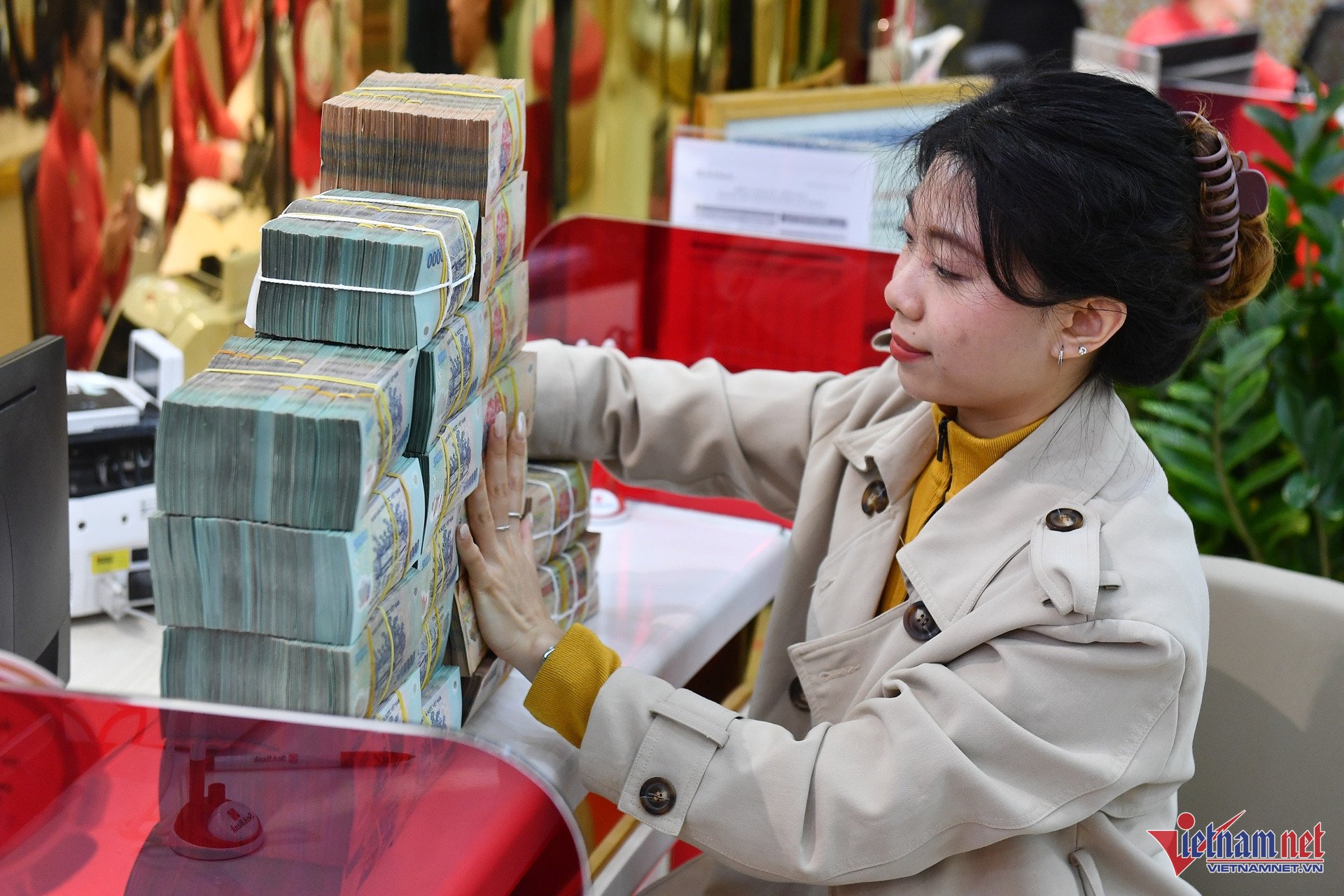
Sharing with VietNamNet, a personal customer specialist at a joint stock commercial bank said that, in essence, savings deposits are the remaining money of people after paying taxes. Continuing to tax deposit interest means taxing twice, which is unreasonable.
"Certainly, no depositor agrees with this proposal. In reality, people and businesses all have to pay taxes. The Can Tho City People's Committee has proposed to tax large-scale deposit interest, but the story here is not big or small, because no one can measure whether the amount of money being deposited has been turned over a second or third time from the previous interest."
This banking expert is concerned that if interest rates on savings are taxed, the number of people depositing money in banks will decrease. People will withdraw their savings from banks to invest in other investment channels such as gold, real estate, and highly speculative products. This will have a very negative impact on the goal of controlling inflation, preventing dollarization of the economy, as well as the goal of a cashless economy.
Economist, Dr. Can Van Luc shared with Nguoi Lao Dong newspaper, that savings deposits are an important source of income for people, mostly at the medium and low levels. If this tax is applied, it could have a negative impact on the economy. Because if interest on savings deposits is taxed, it could reduce the amount of money deposited in banks. At that time, lending interest rates could be pushed up, affecting businesses.
According to the latest statistics just announced by the State Bank of Vietnam, as of November 2024, total deposits of residents at banks have officially exceeded 7 million billion VND, the highest level ever. As of November 2024, residential deposits increased by 7.16%, equivalent to an increase of 467,549 billion VND compared to the end of 2023.
In November 2024 alone, an additional VND 22,136 billion was deposited by people into the banking system.
Total deposits of enterprises and economic organizations as of the end of November 2024 reached VND 7.26 million billion, an increase of 6.26% compared to the end of 2023.
According to data from the State Bank of Vietnam, the average VND deposit interest rate of domestic commercial banks is at 0.1-0.2%/year for demand deposits and deposits with terms of less than 1 month; 2.9-3.8%/year for deposits with terms from 1 month to less than 6 months; 4.4-5.0%/year for deposits with terms from 6 months to 12 months; 5.2-6.0%/year for deposits with terms from over 12 months to 24 months and 6.9-7.2%/year for terms over 24 months.
| Article 3 of the Law on Personal Income Tax states that there are 10 types of income subject to tax, including: (1) Income from business; (2) Income from salaries and wages; (3) Income from capital investment; (4) Income from capital transfer; (5) Income from real estate transfer; (6) Income from winning prizes; (7) Income from royalties; (8) Income from franchising; (9) Income from inheritance; (10) Income from gifts. |
Source: https://vietnamnet.vn/danh-thue-thu-nhap-tien-gui-tiet-kiem-tien-se-o-at-rut-khoi-ngan-hang-2372621.html








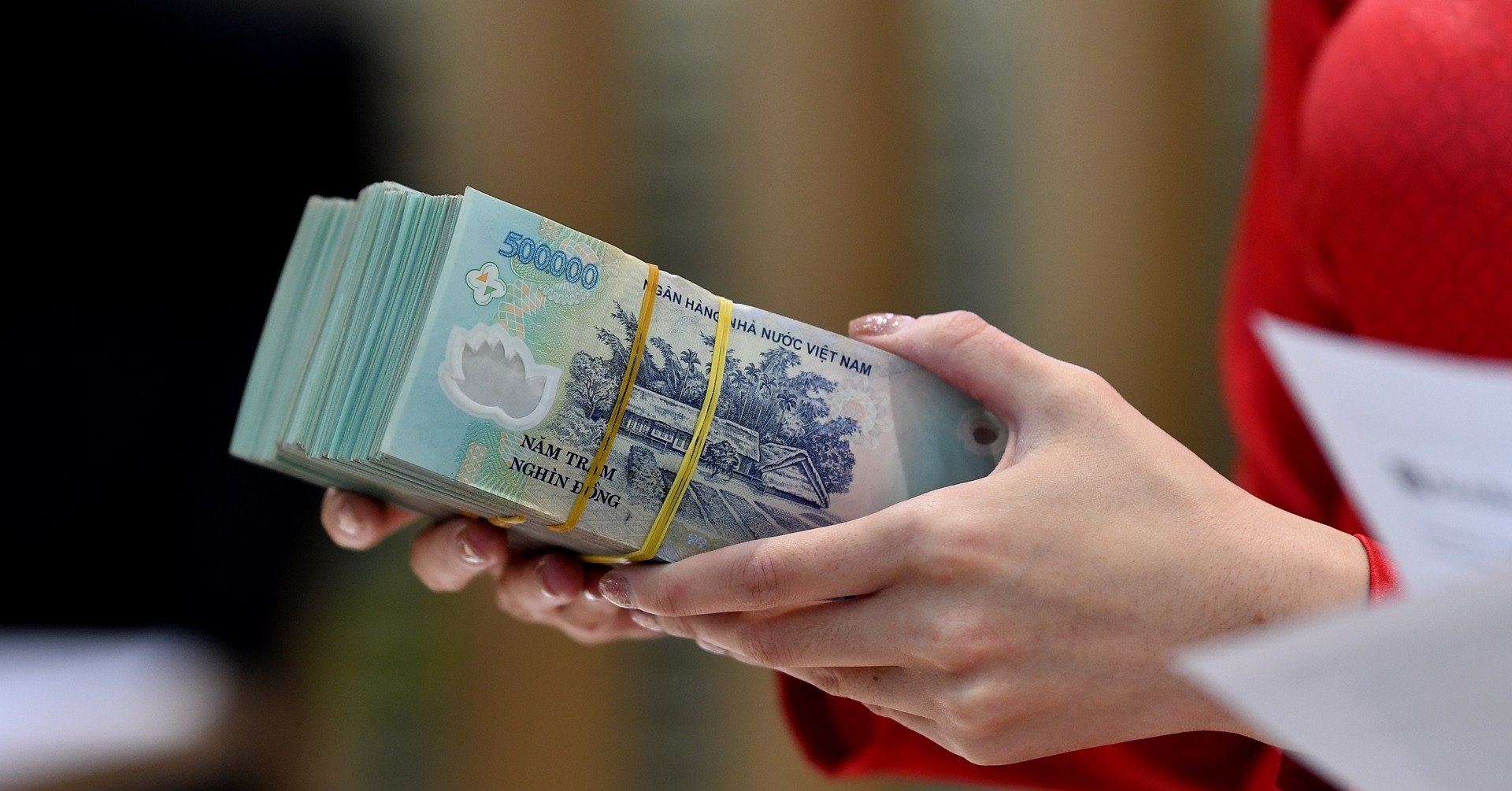
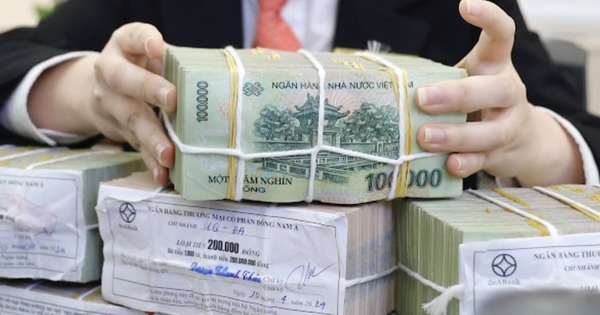



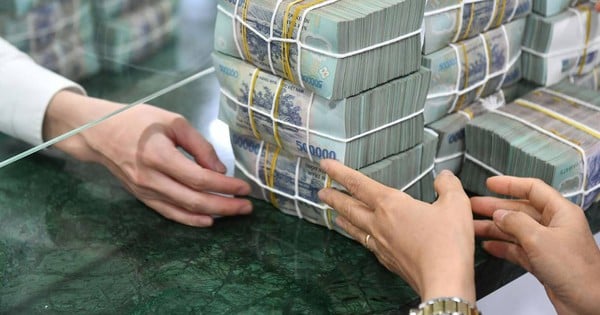











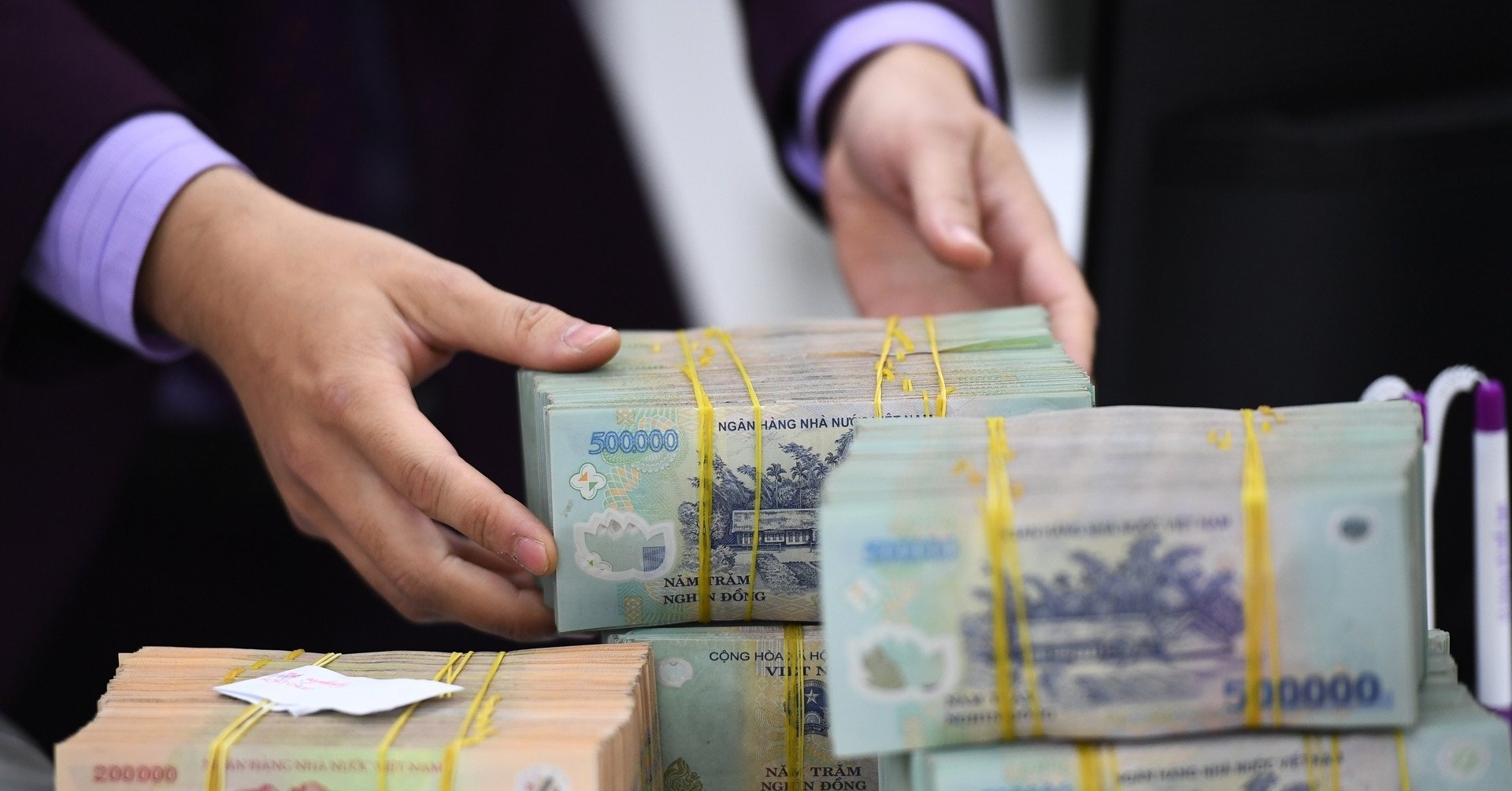















Comment (0)